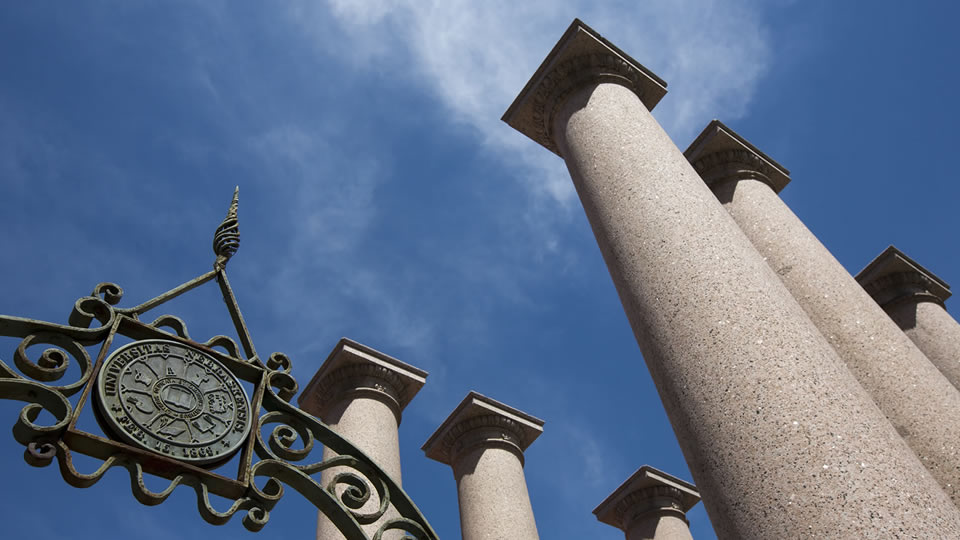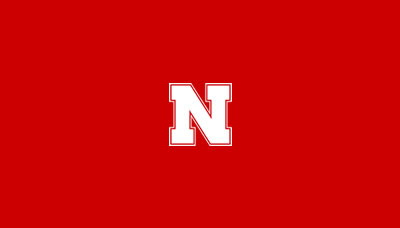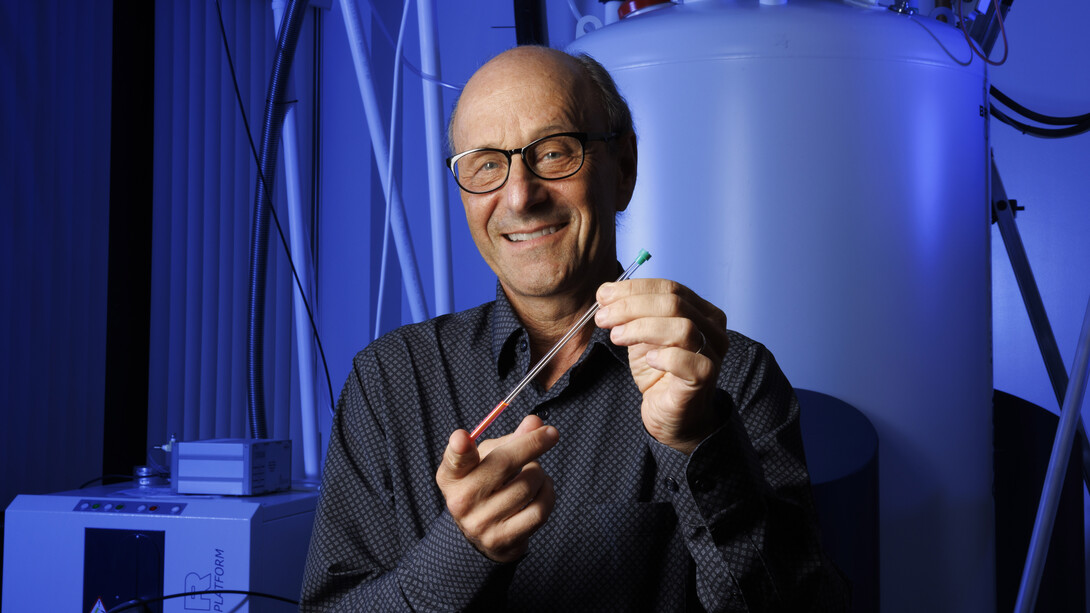
For Cara Burberry, an assistant professor at the University of Nebraska-Lincoln’s Earth and Atmospheric Sciences department, rather than hitting the slopes or beaches for spring break, she plans on traveling to a conference in Ohio to give a talk on analog modeling as well as spending time at home with her children.
“Usually for me, [spring break] is an opportunity to catch up on work. Get maybe a project or a paper finished off,” Burberry said. “Sometimes I’ve used spring break to go on field work because you need that three or four days when you don’t have to teach and you don’t have to get your classes covered.”
Burberry said she has gone to the Rocky Mountains in the past, but this can be tricky depending on the weather. A colleague of Burberry’s is planning on going to Utah with a graduate student for field work, but the weather may not permit much work.
While it may seem like an unusual way to spend an otherwise relaxing week of rest, Burberry is not the only one looking to focus on schoolwork.
Rebecca Lai, an associate professor of chemistry at Nebraska, said her typical spring break is comprised of working on projects or preparing for and giving talks at conferences.
According to Lai, most professors use spring break to catch up with work, write papers and help graduate students with any research they are working on.
“It’s a good time to catch up with students and look over their work,” Lai said.
She said that during spring break, graduate students are not in classes or teaching any classes, so they have more free time to pursue research.
The American Chemical Society will host its annual conference in the first week of April in San Francisco, and Lai will present twice. The first talk will be about how researchers can collaborate with each other in regard to training and mentoring graduate students.
Usually, Lai said she gives presentations about actual lab data she has been working on, so this year will be different.
“It’s a great opportunity to talk about training grad students and post-doctoral researchers so that other people know good ways for mentoring [them],” Lai said.


